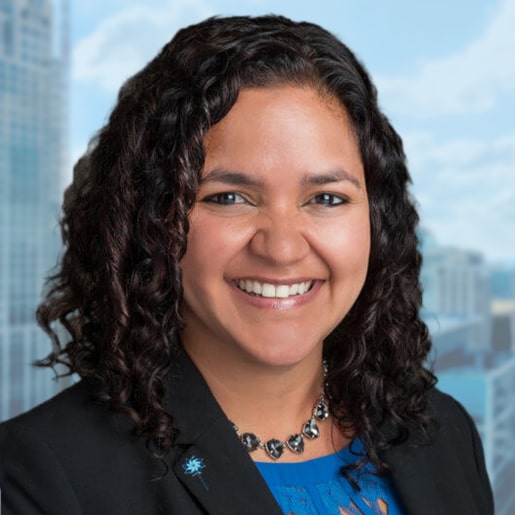Mental Health Resources to Support First Responders (Social Work License Map)
Workers in helping professions often care for people who are in crisis and have to deal with the secondary trauma resulting from addressing those situations. Their work can put their own mental health at risk.
“I do advocate for emotional wellbeing for anyone and everyone, but really focus on people who do have careers working on the frontline, especially first responders. They almost need it at a completely different level,” said Melissa Nytko, MSW, LCSW, who is a Certified First Responder Counselor and owns Calm Connections Therapy, LLC,External link:open_in_new in the Greater Chicago area.
While social workers operate under different conditions, Nytko includes them when she talks about first responders because they often work in child welfare and with crisis hotlines to address people’s problems. She said the same goes for educators.
“Even though their work looks different than a police officer or a paramedic, firefighter and so forth, they are still really on the frontlines as well,” she said. “They’re in classrooms, especially post-COVID. They’re experiencing disinterest. They’re experiencing high parental engagement and high parental disengagement as well as a lot of community negativity. They have a hard job, too.”
Resources and organizations are available to help first responders and those close to them recognize and manage their emotional wellbeing and address their mental health care.


